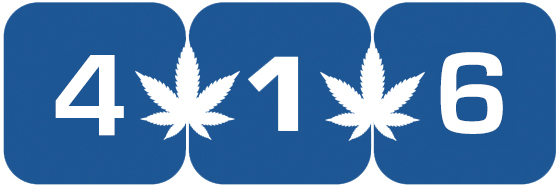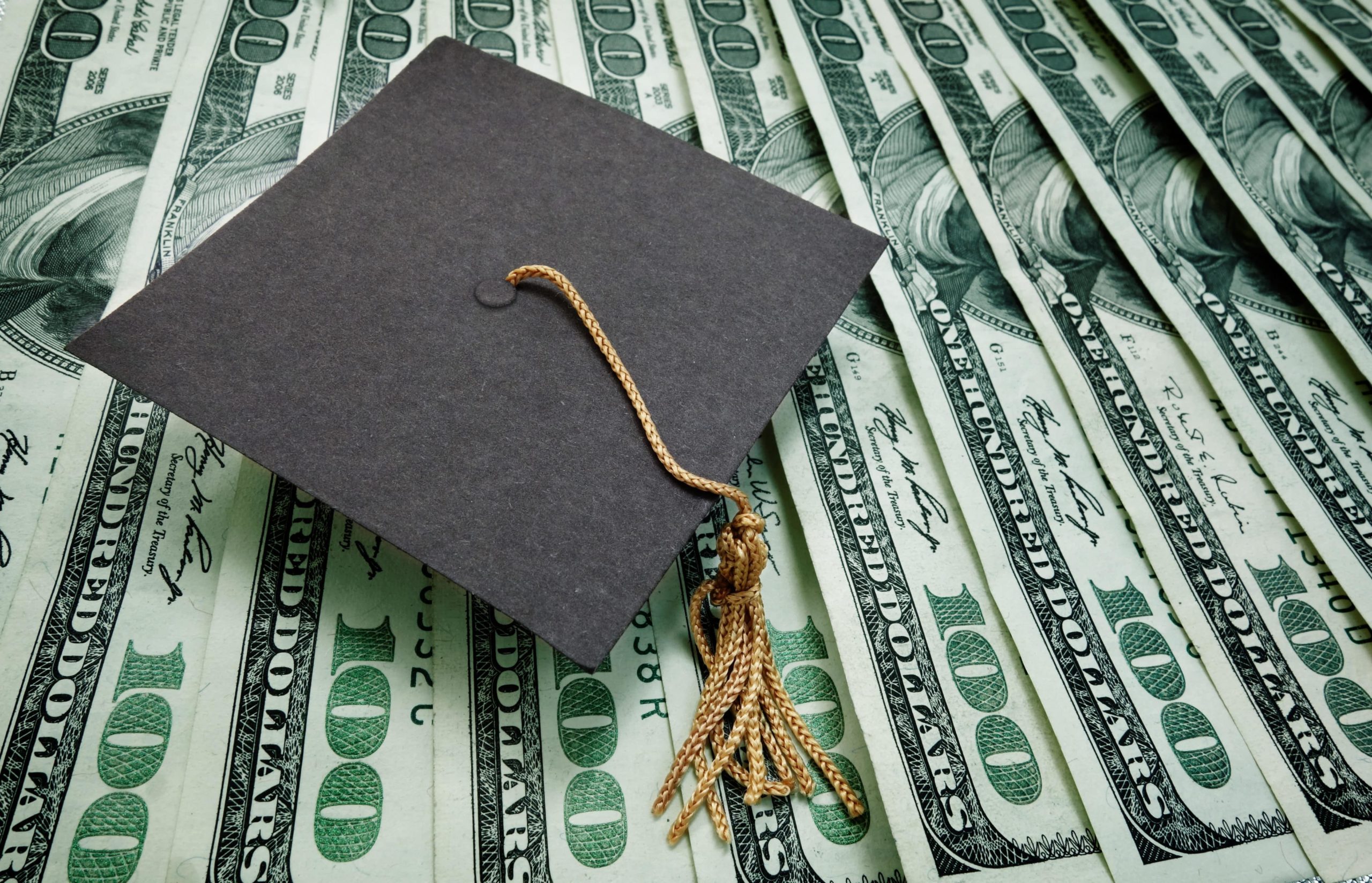President Joseph Biden last week announced a long-awaited plan to forgive student loan debt, saying the move will provide needed relief and narrow the racial wealth gap. But vestiges of the failed War on Drugs are likely to block the aid from many people who need it most, the Associated Press reported on Tuesday.
The soaring cost of education in the United States has led to total student loan debt of more than $1.6 trillion. When he released his student loan forgiveness plan last week, Biden noted that the debt burden “is especially heavy on Black and Hispanic borrowers, who on average have less family wealth to pay for it.”
Under the plan released by the president last week, borrowers making less than $125,000 can have up to $10,000 of their federal student loan debt forgiven. For those who received financial aid as students in the form of a federal Pell Grant, the amount of loan forgiveness available doubles to $20,000.
But under federal financial aid policies put in place at the height of the War on Drugs and promoted by Biden, who was a U.S. senator at the time, access to Pell Grants was denied for convicted drug offenders, who were required to disclose their convictions by checking a box on financial aid applications. The policy caused financial aid to be denied or delayed for hundreds of thousands of students, many of whom turned to more expensive and sometimes predatory private student loans.
Racial Disparity in Drug Enforcement
Because of the racial disparity in the enforcement of the nation’s drug laws, the federal financial aid policy disproportionately impacted people of color, particularly young Black and Latino men. The policy remained in effect for 25 years, when it was repealed by Congress in 2020. But during that time, incarceration rates for people of color …
Read More
Author: A.J. Herrington / High Times









